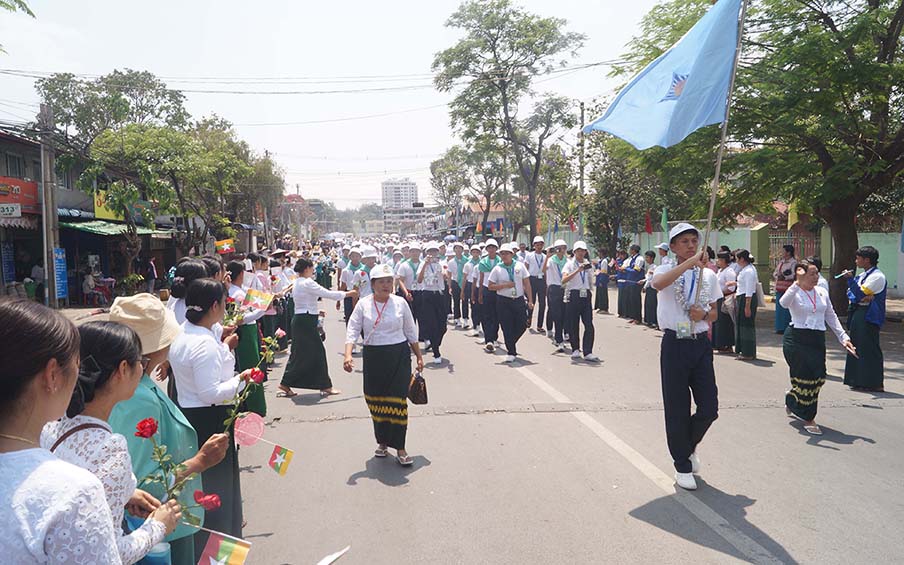Myanmar is steadfastly working towards a rabies-free society by 2030, intensifying control measures to ensure that no lives are claimed by this deadly disease within the country. The nation has outlined a comprehensive national plan spanning from 2018 to 2030, specifically targeting the reduction of rabies incidents in dogs.
Executing the One Health Strategy, mass vaccination campaigns against dog rabies are currently in progress in key areas such as Lewe township in Nay Pyi Taw Council Area, NyaungU township in Mandalay Region, and Hmawby township in Yangon Region. While dogs are commonly associated with rabies, it’s crucial to recognize that other animals, like cats and bats, can also transmit the virus through atmospheric bacteria. Therefore, a paramount focus should be on implementing control measures for rabies across our society’s entire spectrum of animals.
Responsibility lies not only with authorities but also with the citizens of Myanmar. Pet owners and those caring for vagrant dogs must proactively seek timely treatments for their animals, preventing the potential transmission of the rabies virus. Only through such collective efforts can society achieve freedom from the scourge of rabies, ensuring the safety and survival of all its members.
Rabies poses a severe threat to human life, with one person succumbing to the disease every 15 minutes globally, as reported by the World Health Organization (WHO). The annual toll reaches between 55,000 and 70,000 lives, with the majority of deaths concentrated in impoverished villages in Asian and African nations.
Like many other regions, Myanmar grapples with a substantial population of vagrants and pet dogs. Given the difficulty in discerning whether vagrant dogs and cats carry the rabies virus, authorities must arrange annual rabies vaccinations for these animals to safeguard the well-being of society’s children and adults. Furthermore, health units should be equipped to provide immediate treatment, including vaccines, for individuals facing dog bite problems.
Responsibility lies not only with authorities but also with the citizens of Myanmar. Pet owners and those caring for vagrant dogs must proactively seek timely treatments for their animals, preventing the potential transmission of the rabies virus. Only through such collective efforts can society achieve freedom from the scourge of rabies, ensuring the safety and survival of all its members.
The historical contribution of grateful scientist Louis Pasteur and his team in developing the first rabies vaccine in 1885 is noteworthy. The ongoing efforts of scientists and medical experts in refining these vaccines serve as a testament to human dedication to public health. Gratitude towards Pasteur and his team is perpetual, and it is incumbent upon present and future generations to take the initiative in safeguarding themselves against rabies, fostering a society free from the affliction by 2030.













